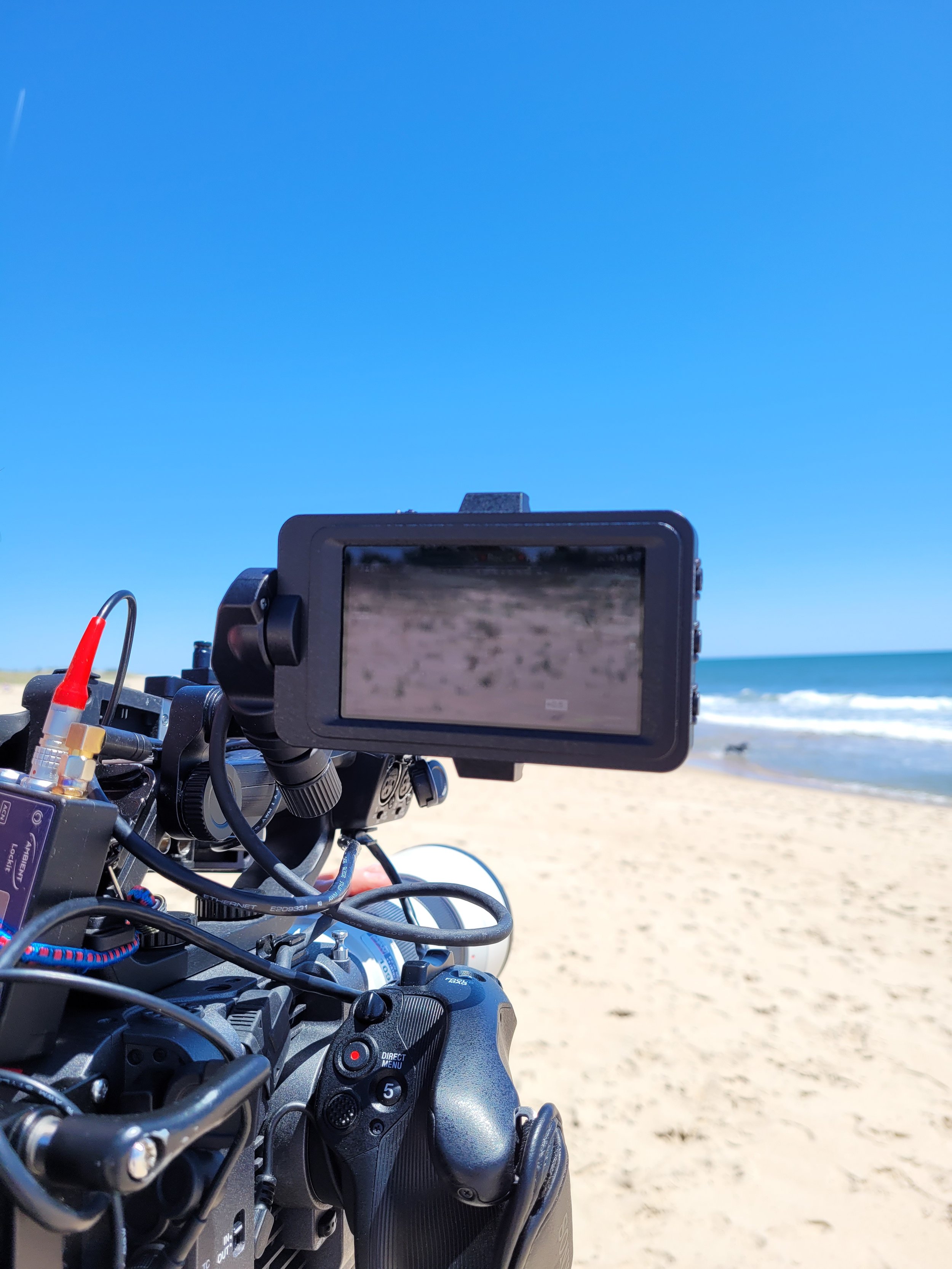Wishing you a happy Labor Day from the FHF team!
If you have ever wondered about the significance of this day, look no further as we dive into its origins and reveal some related stories that we’ve helped uncover with our clients...
Labor Day in the United States finds its origins in the labor movement of the late 19th century. Industrialization was rapidly transforming the nation, and workers faced grueling conditions, with long hours, low wages, and unsafe environments being all too common.
The working population had had enough and began to form labor unions that advocated for better working conditions, reasonable hours, and fair pay. This activism led to the first Labor Day celebration, which took place on September 5, 1882, in New York City. Organized by the Central Labor Union (CLU), it brought together all the unions in the city to create a unified voice for workers' rights.
Labor Day Parade in New York's Union Square, 1882
Our client’s grandfather was one of the first card carrying members of the United Mine Workers of America. In 1901 he was sent to the Canadian town of Frank, at the base of Alberta’s Turtle Mountain. Conditions in the mining town were poor, and on behalf of the UMWA he tried to get the miners there to unionise. Unfortunately he was unable to do so, and in April 1903, in part due to the instability of the mine, the mountain collapsed. 110 million tonnes of limestone fell from the mountain, burying nearly half the town.
Turtle Mountain after the slide
It was not long before the idea of Labor Day grew in prominence, with more cities and states recognizing the importance of honoring workers' contributions. By 1887, Oregon became the first state to make Labor Day an official public holiday, with several others following suit.
The movement gained further momentum as labor strikes and protests, such as the Pullman Strike of 1894, highlighted the struggles workers faced. A nationwide railroad strike, it resulted in significant unrest and violence, drawing national attention to the plight of laborers. In response, President Grover Cleveland signed legislation that not only recognized Labor Day as a federal holiday to be observed on the first Monday of September but also contributed to reforms such as safer working conditions, improved child labor laws, and the establishment of the eight-hour workday.
More recently, our client’s grandfather helped set up Dupaco, a credit union with over 150,000 members today. Dupaco was founded in 1948 by 10 employees of the Dubuque Packing Company in Iowa, who started it by each investing $5. The work of the company’s union, and employees like our client's grandfather, ensured that employees of ‘The Pack’ were some of the best paid in the city.
Dupaco Credit Union is chartered by the State of Iowa on July 17, 1948.
Today, Labor Day is more than just a long weekend marking the unofficial end of summer. It’s a time to gather with family and friends, enjoying the freedoms and rights that were hard-won by previous generations.


























